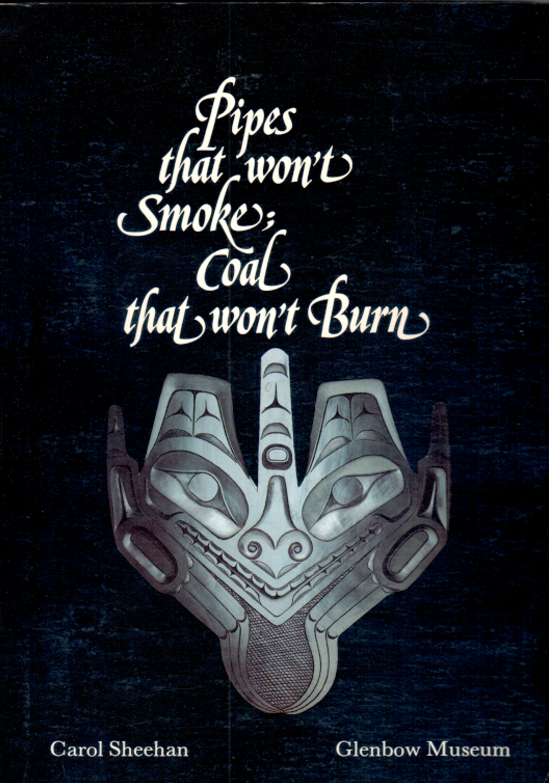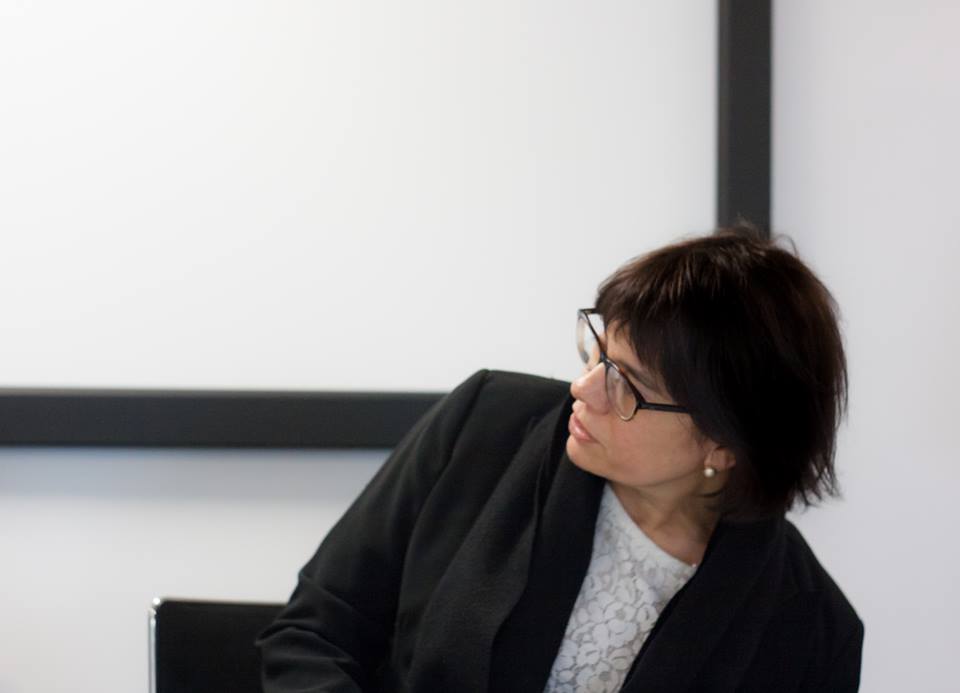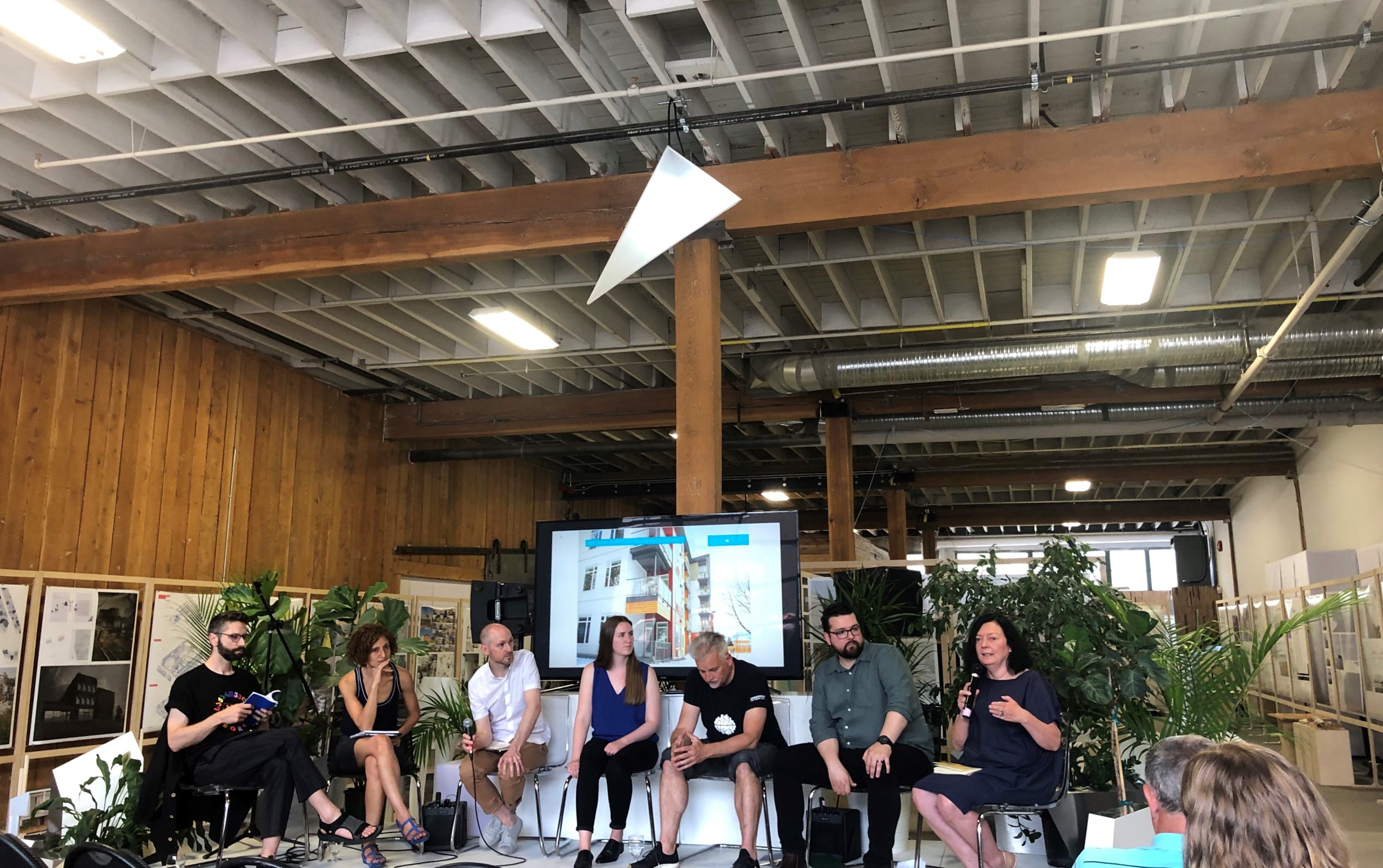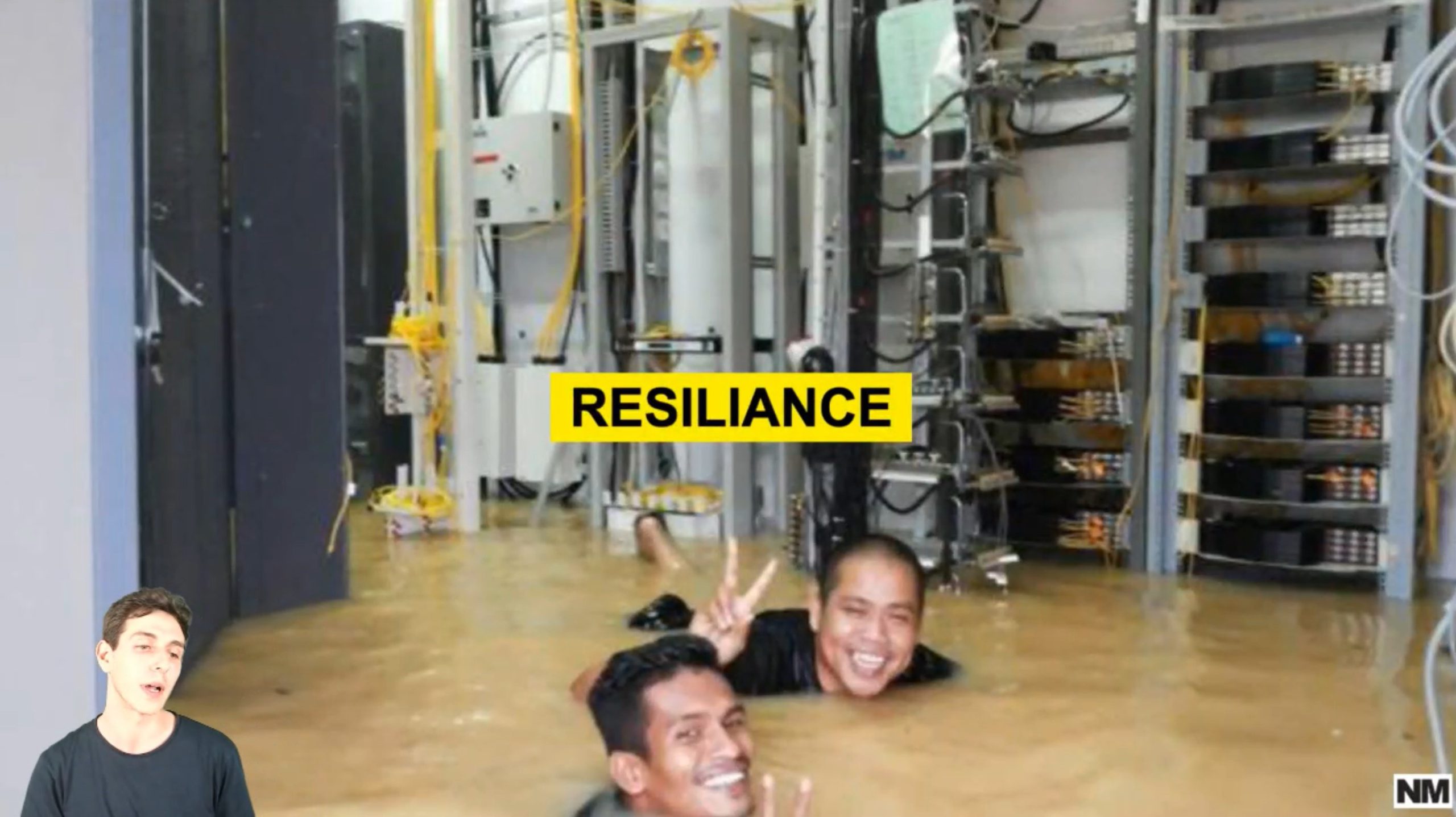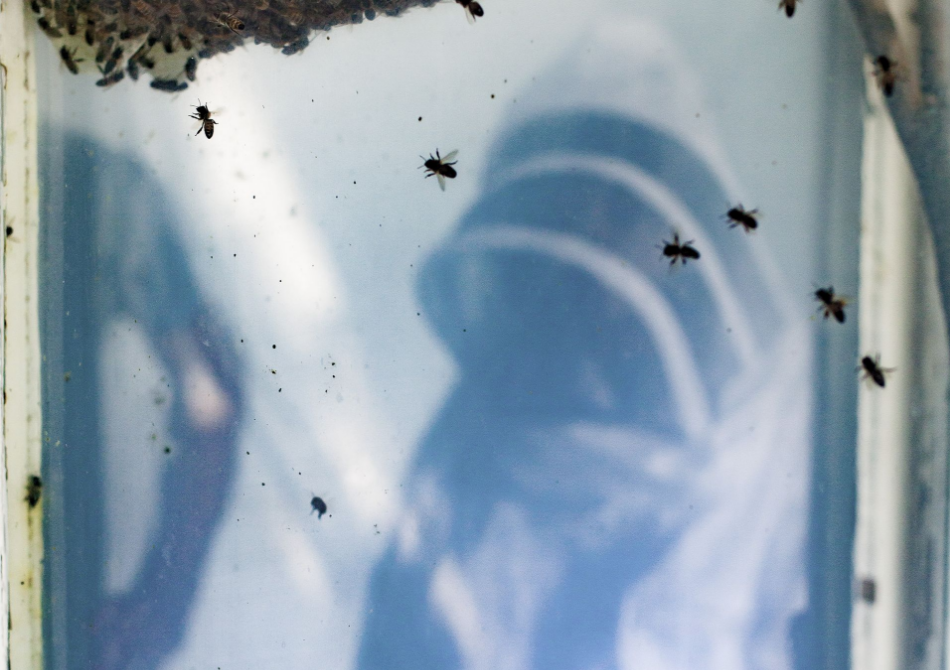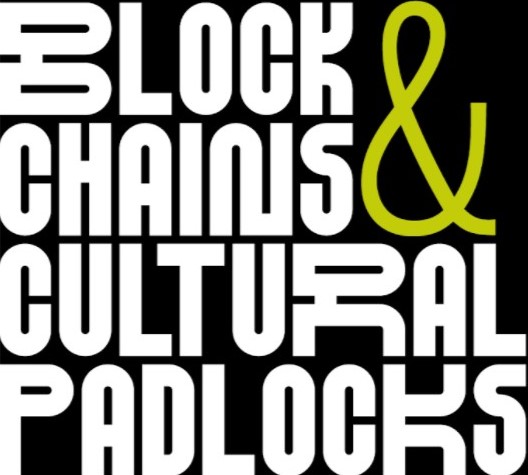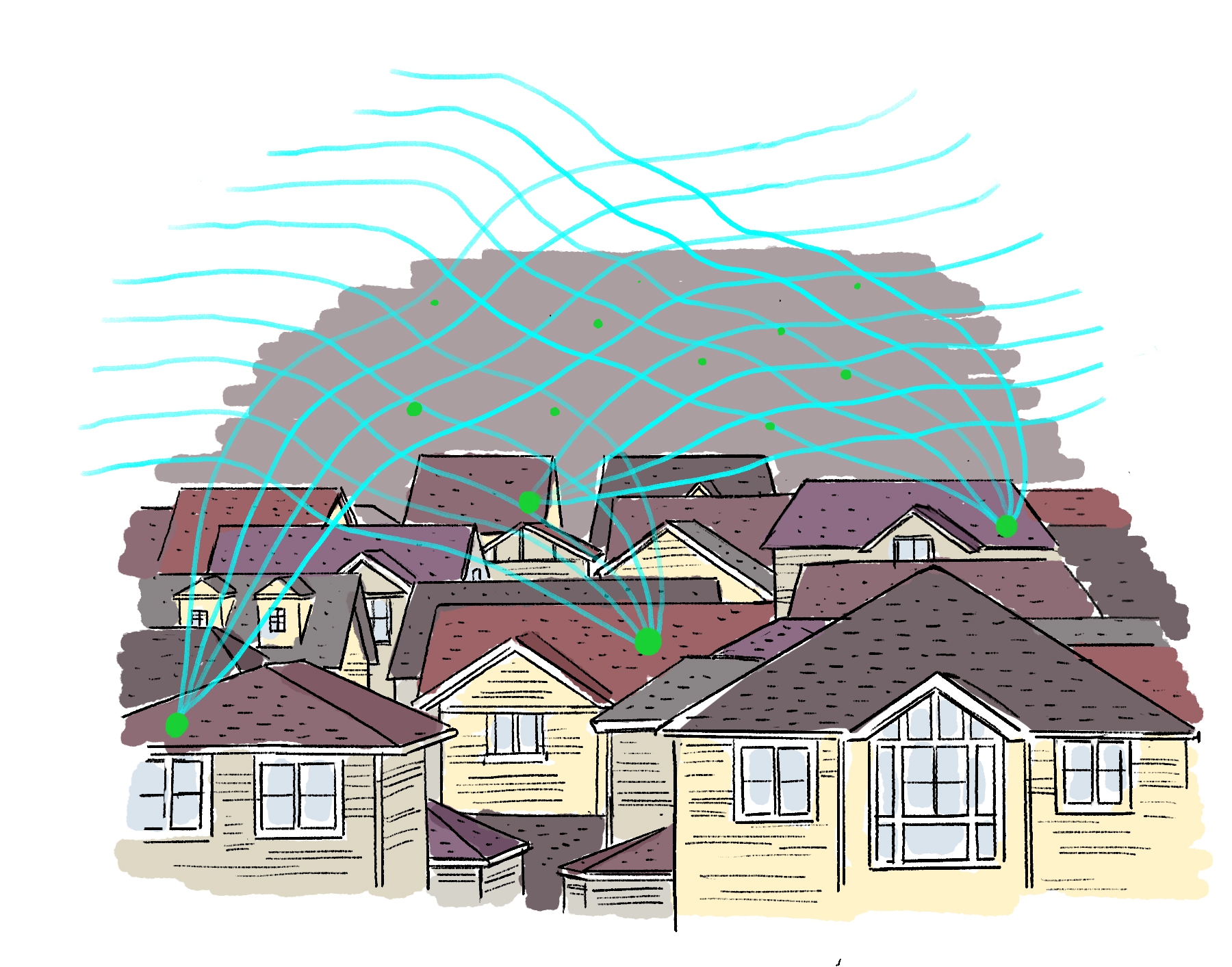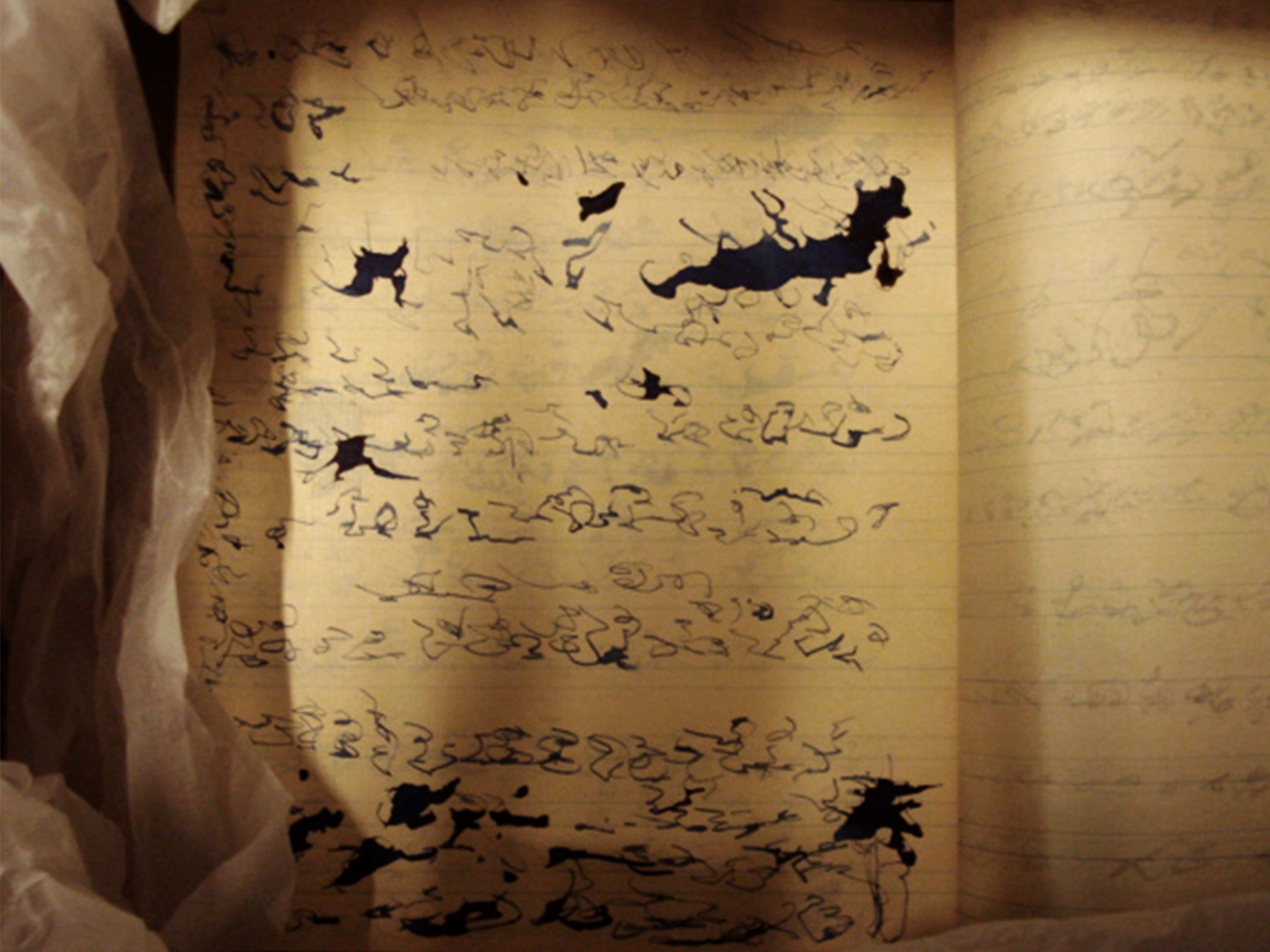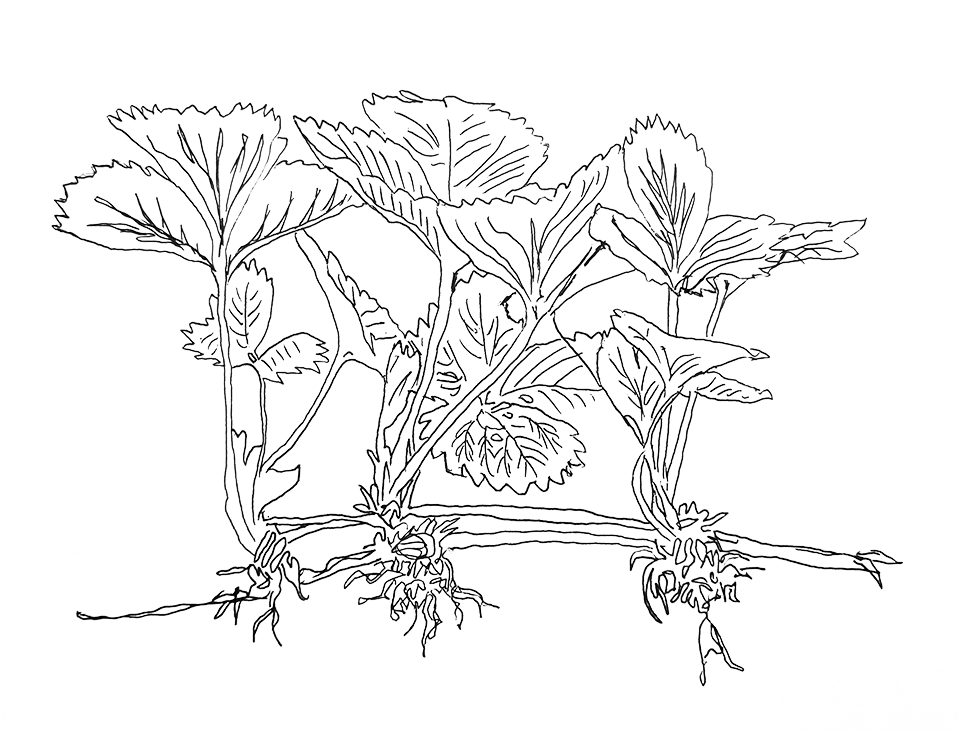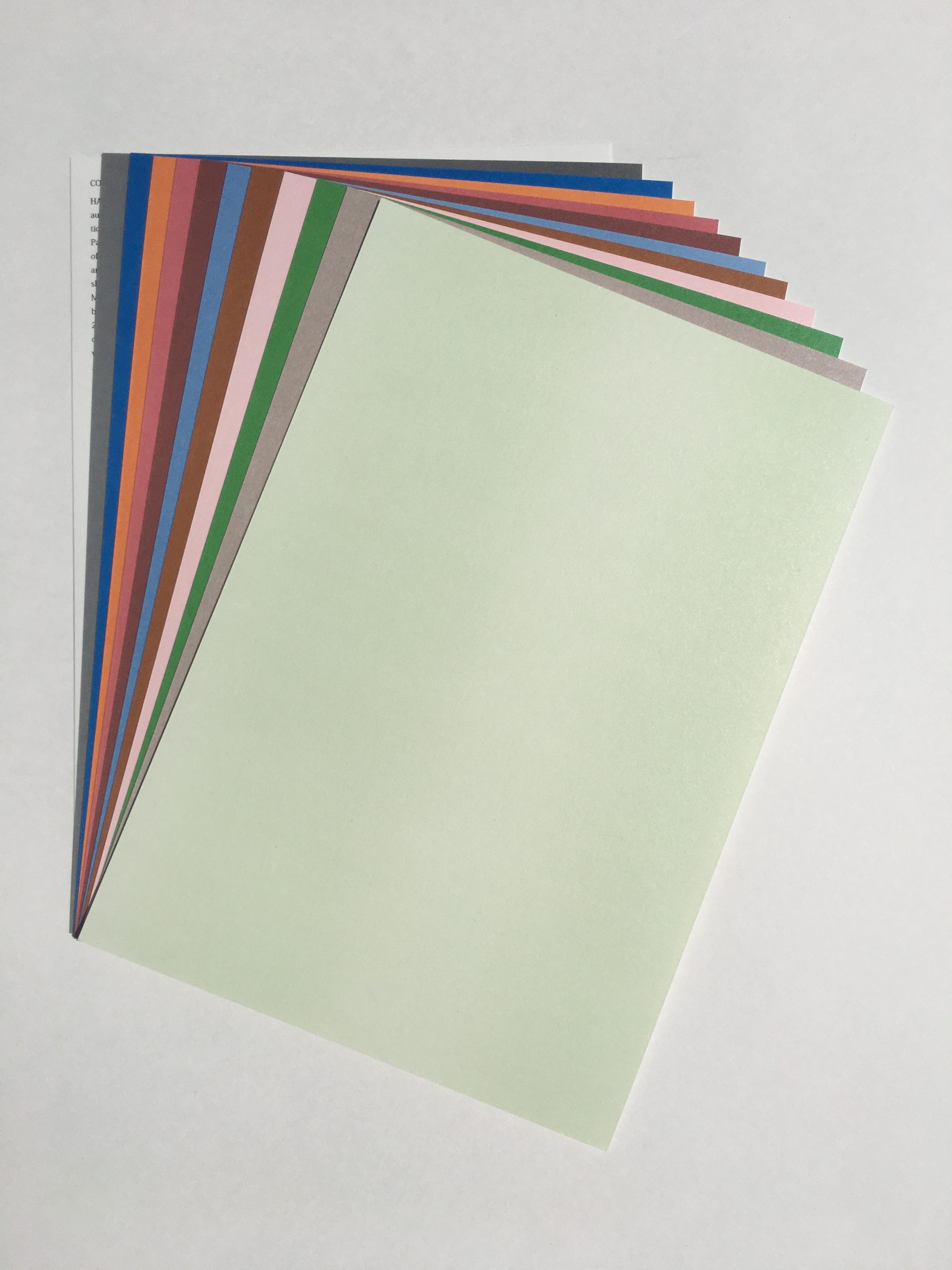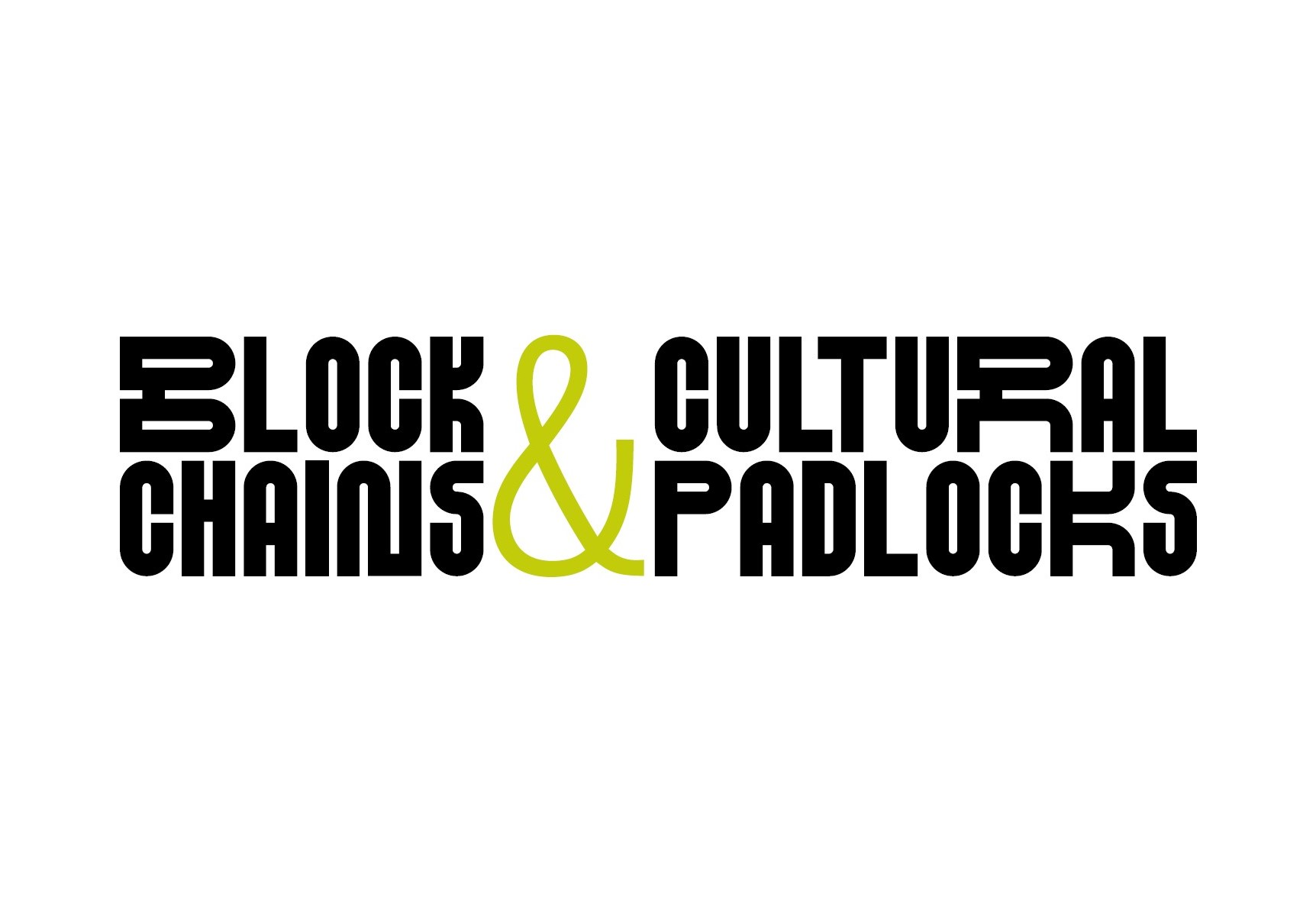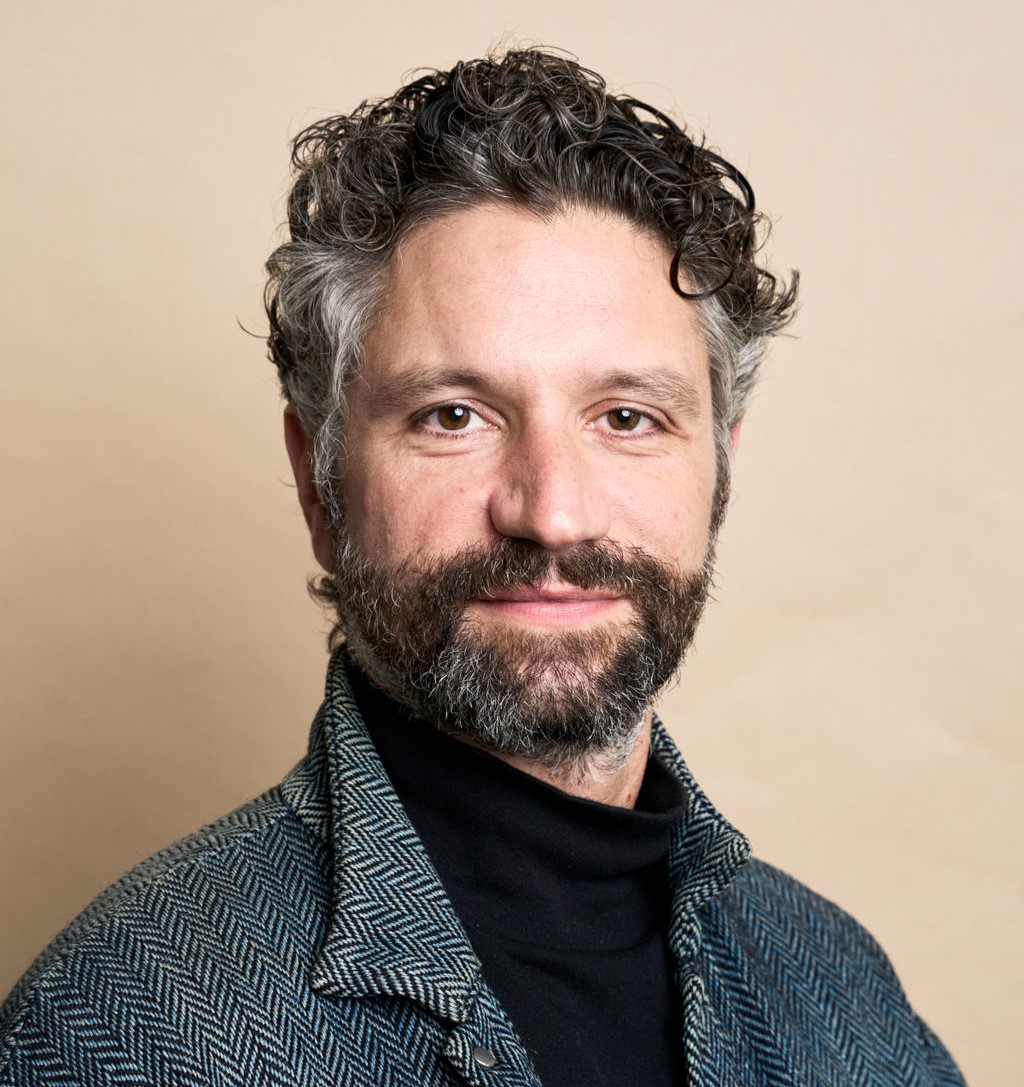
Jesse McKee (b.1984) is a leader in the Culture Industries and a Curator of Contemporary Art and Design based in Vancouver. He is currently Head of Digital Strategy (2023-present) at 221A, where he previously held the positions of Head of Strategy (2017-2023) and Curator (2015-2017). In his current role, McKee leads the development of the Node Library, a pioneering initiative establishing national infrastructure for cultural data sovereignty in the AI era. The Node Library operates decentralized physical infrastructure (DePIN) and provides essential tools and resources for artists, designers, and public sector stakeholders to maintain agency over their digital cultural assets and data. From 2019-2023, he was lead investigator on 221A's Blockchains & Cultural Padlocks Digital Strategy, which has guided 221A into developing digitally cooperative cultural infrastructure that "recommons" land, data and objects. These strategies are summarized in his essay From Polycrisis to the Smart Commons (2022, Zora Zine).
Prior to his work at 221A, McKee held curatorial positions at The Banff Centre as Curator (2011-2015), Western Front, Vancouver as Exhibitions Curator (2010-2011), and the Barbican Centre, London as Public Programs curator (2009-2010). As an independent curator, he has developed exhibitions, residencies and projects with institutions including Palais de Tokyo, Paris; The Independent Studio & Curatorial Program, New York; Things that can happen, Hong Kong; and Tranzit.org, Romania. In 2017, he co-curated Vancouver Special: Ambivalent Pleasures, the inaugural edition of a civic triennial exhibition at the Vancouver Art Gallery.
McKee has contributed to the development of the cultural and civic sectors, serving as a juror for the Sobey Art Award and participating in the Canada Council for the Arts' Asia Pacific Delegation. Since 2020, he is a member of the Downtown Vancouver Business Improvement Association's Policy Advisory Council, where he addressed challenges in rebooting cultural venues equitably in response to the COVID-19 pandemic, and how this has shifted our experience of the city.
His critical writing has appeared in Canadian Art, C Magazine, Fillip, Border Crossings, Kaleidoscope, and Cura. Notable texts include his catalogue essay Surreal Ghosts and Neuroplastic Ancestors (2017, Morris and Helen Belkin Art Gallery, UBC and Institute of Contemporary Art, University of Pennsylvania), examining Julia Feyrer and Tamara Henderson's filmmaking in relation to Vancouver's economic enclosure over the 2010s. McKee also contributed the chapter Counting on People: How it Started... How it's Going (2015) to Neïl Beloufa's monograph People, Love, War, Data & Travels (2022, After 8 Books, Paris), analyzing the artist's prescient films that anticipated the digital information landscape of social media acceleration, born out of the political shifts of the post-2016 great weirdening and the pandemic.
